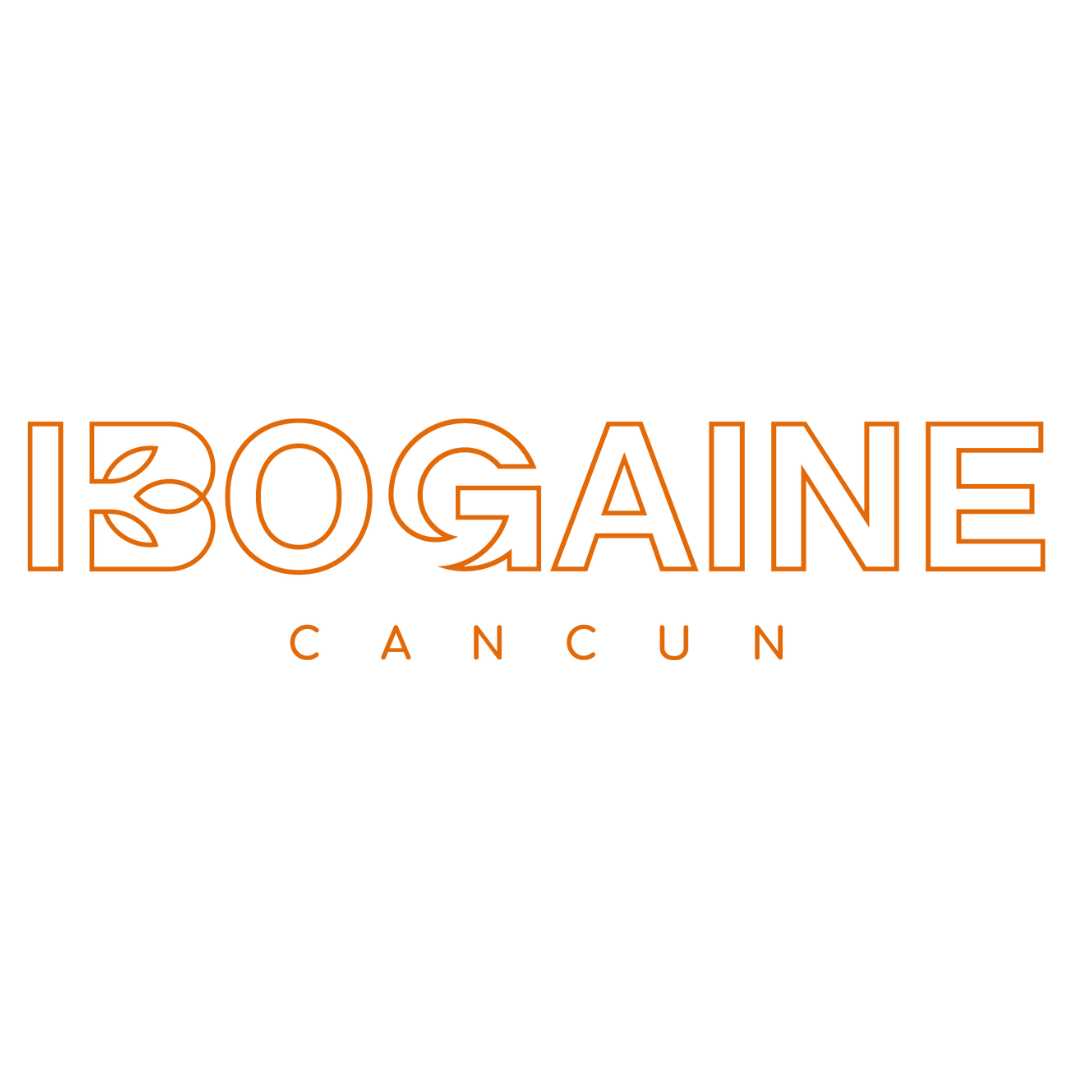Explore the Advantages and Disadvantages of Medical Tourism
.png)
Have you ever considered traveling to another country for a medical procedure? The idea, often called medical tourism, is becoming increasingly popular. It involves journeying outside your home country to receive medical care, whether it's for a complex surgery, a dental procedure, or a cosmetic enhancement. The primary drivers behind this trend are often the promise of significant cost savings and access to treatments that might not be available or are prohibitively expensive back home. People from all over the world, including the US, UK, and Canada, are packing their bags in search of affordable, high-quality healthcare. However, while the benefits can be substantial, it's not a decision to be taken lightly. Understanding the full picture—both the exciting advantages and the potential drawbacks—is crucial. This guide will walk you through the essential pros and cons of medical tourism, helping you weigh the potential rewards against the inherent risks. We'll explore everything from the financial benefits and quality of care to the logistical challenges and legal considerations, giving you the information you need to make a well-informed decision about your health journey.
What is the main advantage of medical tourism?
The most compelling reason people choose medical tourism is, without a doubt, the potential for massive cost reduction. Healthcare costs in many Western countries have skyrocketed, making even routine procedures a financial burden. In contrast, countries in regions like Southeast Asia, Latin America, and Eastern Europe can offer the same treatments for a fraction of the price. For instance, a cardiac surgery that might cost over $100,000 in the U.S. could be performed for as little as $10,000 in a top-tier hospital in India or Thailand.
These savings aren't due to lower quality but are a result of economic factors, including lower labor costs, reduced administrative overhead, and favorable currency exchange rates. The savings can be so substantial that even after factoring in travel, accommodation, and other expenses, the total cost is still significantly less than the procedure alone would be at home. This affordability makes essential and elective treatments accessible to a much wider range of people.
What are the biggest risks of medical tourism?
While the benefits are attractive, the risks are real and require careful consideration. One of the most significant concerns is the variability in healthcare standards. While many international hospitals are accredited and world-class, others may not adhere to the same stringent safety and quality protocols you're used to. This can increase the risk of complications, such as infections or surgical errors.
Another major challenge is the continuity of care. Once you return home, managing follow-up appointments and addressing any complications can be difficult. Your local doctor may not be familiar with the procedure you had done or may be hesitant to treat issues arising from a surgery performed elsewhere. Furthermore, if something does go wrong, your legal options may be limited. Malpractice laws differ significantly between countries, and pursuing a legal claim in a foreign jurisdiction can be complex and expensive.
Why do people travel for medical treatment?
The motivations for becoming a medical tourist are diverse, but they generally fall into a few key categories. As discussed, cost is a massive factor. However, access to care is another critical reason. Some medical procedures, particularly newer or experimental ones like certain stem cell therapies, may not be approved or available in a patient's home country.
Long waiting times in public healthcare systems, common in countries like Canada and the UK, also drive patients abroad. Instead of waiting months or even years for a necessary surgery, they can often schedule it almost immediately in another country. Lastly, some patients travel in search of superior expertise. Certain countries and clinics are renowned for their excellence in specific fields, such as cosmetic surgery in South Korea or cardiac care in Germany, attracting patients seeking the best possible outcomes.
Is medical tourism safe?
Safety is a top concern for anyone considering medical travel. The answer to whether it's safe is: it depends entirely on your preparation. The key to a safe experience is thorough research. It's vital to select a hospital that is accredited by a recognized international body, such as the Joint Commission International (JCI). This accreditation ensures the facility meets rigorous global standards for patient care and safety.
Investigating the credentials and experience of your surgeon is equally important. Look for board certifications, patient testimonials, and success rates. Partnering with a trusted medical tourism agency can also add a layer of security, as they typically vet their partner hospitals and doctors. Despite these precautions, risks remain, including travel-related health issues like deep vein thrombosis (DVT) from long flights and exposure to different infectious diseases.
How do I choose a destination for medical tourism?
Selecting the right country is a critical step. Your choice should be guided by more than just cost. Start by identifying countries that have a strong reputation for the specific medical field you need. For example:
- Thailand, Mexico, and Turkey: Popular for cosmetic surgery, dental work, and general surgeries. Dental Work in Mexico is really famous amoung US citizen. Similarly many internation patients visit for cosmetic surgery in Turkey.
- India and Singapore: Renowned for complex procedures like cardiac and orthopedic surgeries.
- South Korea: A global leader in plastic and cosmetic surgery.
- Costa Rica: A top choice for dentistry and cosmetic procedures, especially for North American patients.
Beyond specialization, consider the overall healthcare system, political stability, and travel logistics. Is it easy to get a medical visa? Is the country safe for tourists? Are there language barriers to consider? Choosing a destination that aligns with your medical needs and personal comfort level is essential for a positive experience.
What are the legal and ethical issues in medical tourism?
The legal landscape of medical tourism is complex. There's no overarching international law governing patient rights, meaning your protections are determined by the laws of the destination country. This can make it incredibly challenging to file a malpractice suit if something goes wrong. You must understand the legal framework of your chosen destination before committing to treatment.
Ethically, a major debate surrounds the impact of medical tourism on the host country's local population. In some developing nations, the growth of private hospitals catering to wealthy foreigners can divert resources—like skilled doctors and nurses—away from the public healthcare system that serves local citizens. This can create a two-tiered system, exacerbating existing health inequities.
How important is aftercare in medical tourism?
Recovery doesn't end when you leave the operating room. Proper aftercare is just as crucial as the surgery itself. One of the significant challenges of medical tourism is coordinating this phase of your treatment. You need a clear plan for your immediate recovery in the host country and for your continued care once you return home.
Before you travel, discuss the aftercare plan in detail with both your foreign surgeon and your local doctor. Key questions to ask include:
- How long should I stay in the destination country before it's safe to fly home?
- What medications and follow-up treatments will I need?
- Who will be my point of contact if I have questions or concerns after returning?
- Will my local doctor be willing and able to manage my post-operative care?
Neglecting to plan for aftercare is one of the biggest mistakes a medical tourist can make.
Can I combine medical treatment with a vacation?
The "tourism" aspect is certainly a big draw. Many popular medical destinations are also beautiful vacation spots. The idea of recovering from a procedure while relaxing on a beach in Thailand or exploring historical sites when come for medical tourism in Turkey is very appealing. This combination can make the entire experience feel less like a medical ordeal and more like a restorative retreat.
However, it's essential to be realistic. Your health and recovery must always come first. Depending on your procedure, you may not be in any condition for sightseeing or strenuous activities. It's best to schedule any vacation plans for before your procedure or well into your recovery period, and always with your doctor's explicit approval. Trying to do too much too soon can jeopardize your health and the success of your treatment.
Ready to Explore Your Global Healthcare Options?
Navigating the world of medical tourism can be complex, but you don't have to do it alone. At PlacidWay, we connect you with a global network of accredited hospitals and expert healthcare providers. Let us help you find safe, affordable, and high-quality medical solutions tailored to your needs.
Explore PlacidWay today to start your journey toward better health.




.png)


.png)
.png)
.png)
.png)






Share this listing